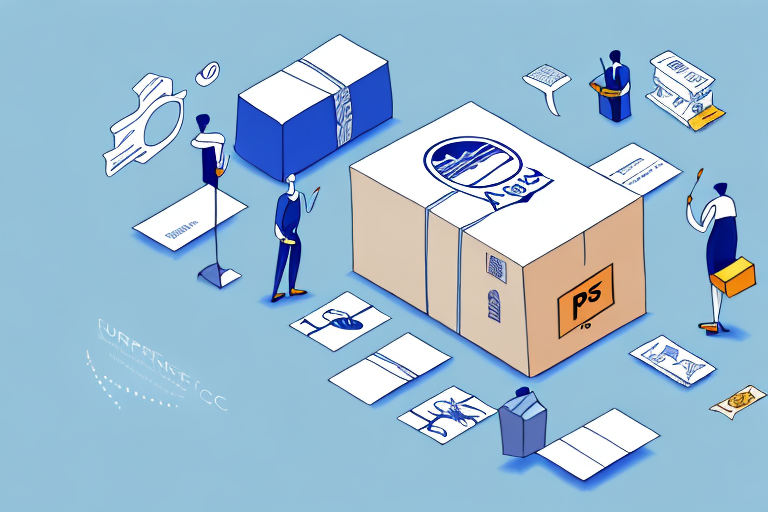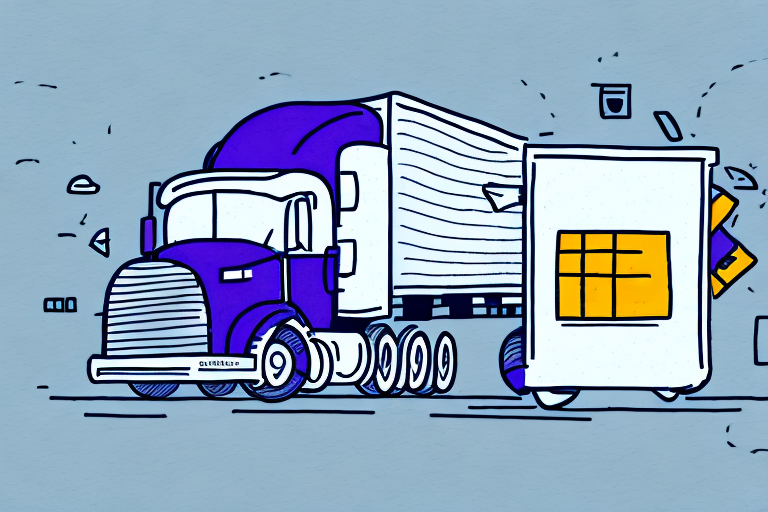Understanding Courier Pricing: Key Insights for Businesses and Individuals
Courier services are indispensable in today’s global economy, ensuring the timely delivery of goods ranging from small parcels to large freight shipments. However, one of the primary concerns for both businesses and individuals when utilizing these services is the cost. This article delves into the intricacies of courier pricing, exploring the factors that influence costs, methods to calculate expenses, various types of courier services and their pricing models, strategies to compare and negotiate prices, as well as tips to save money. Additionally, we examine hidden fees, the role of insurance, and future trends shaping the courier industry.
The Significance of Understanding Courier Pricing
Impact on Business Finances
Courier expenses can significantly affect a business’s bottom line, especially for those with high shipment volumes or frequent deliveries. By comprehending courier pricing, businesses can identify areas where costs may be optimized, thereby enhancing profitability and competitive advantage.
Empowering Negotiations
Having a thorough understanding of industry-standard pricing equips businesses to negotiate better rates with courier providers. This knowledge fosters confidence during negotiations, potentially leading to substantial cost savings that can be reinvested into other business areas.
Key Factors Influencing Courier Pricing
Shipment Characteristics
The weight, dimensions, and type of goods being shipped are primary determinants of courier costs. For instance, heavier or bulkier items typically incur higher fees. Additionally, certain items may require special handling, further influencing the price.
Destination and Distance
The distance between pickup and delivery locations plays a crucial role in pricing. Longer distances often necessitate multiple transportation modes, increasing the overall cost. International shipments may also involve customs fees and taxes, adding to the expense.
Service Speed and Mode of Transportation
Choosing between standard, express, or same-day delivery affects pricing. Express and same-day services demand higher fees due to the expedited timelines. Moreover, the mode of transportation—air, sea, or land—can significantly impact costs.
Additional Charges
Factors such as fuel surcharges, insurance, and customs clearance fees can contribute to hidden costs. Understanding these additional charges is essential for accurate cost assessment and avoiding unexpected expenses.
Calculating Courier Costs Effectively
Utilizing Online Shipping Calculators
Most courier services provide online calculators where users can input shipment details to receive instant quotes. These tools consider factors like weight, dimensions, destination, and service speed to estimate costs accurately.
Considering Volume Discounts
Businesses that ship large volumes may qualify for discounts. Engaging directly with courier providers to explore bulk shipping rates or loyalty programs can lead to significant savings.
Evaluating Customs and Regulatory Costs
For international shipments, understanding customs regulations and associated fees is crucial. Non-compliance can result in delays or additional charges, so it’s essential to factor these costs into the overall pricing.
Types of Courier Services and Their Pricing Models
Standard, Express, and Same-Day Services
Standard services are the most economical but have longer delivery times. Express services offer faster delivery at higher costs, while same-day services are the most expensive, catering to urgent deliveries.
Pricing Models
- Flat-Rate Pricing: A fixed fee regardless of weight or distance.
- Weight-Based Pricing: Costs vary based on the weight of the shipment.
- Dimensional Weight Pricing: Calculated based on the volume of the package, often used for lightweight but bulky items.
Strategies for Comparing and Negotiating Courier Prices
Using Comparison Tools
Online comparison tools aggregate quotes from multiple couriers, enabling users to find the most cost-effective option based on their specific needs.
Negotiating with Couriers
Armed with knowledge of industry rates and your shipping volume, negotiating with courier providers can secure better rates. Consider discussing contract terms, committing to larger volumes, or bundling services to achieve discounts.
Identifying and Avoiding Hidden Fees
Common Hidden Charges
- Fuel Surcharges: Additional fees to cover fluctuating fuel prices.
- Insurance Fees: Costs for insuring high-value shipments.
- Oversize Item Fees: Extra charges for packages exceeding standard dimensions.
Mitigation Tactics
Thoroughly reviewing the courier’s pricing policies and seeking clarity on ambiguous fees can prevent unexpected charges. Always ask for a detailed breakdown of costs before finalizing any shipment.
Cost-Saving Tips for Courier Services
Optimizing Shipment Sizes
Reducing the size and weight of packages can lead to lower shipping costs, especially when couriers use dimensional weight pricing.
Consolidating Shipments
Combining multiple shipments into a single delivery can lower overall expenses by reducing the number of individual deliveries needed.
Choosing Economical Service Levels
If delivery speed is not critical, opting for standard or economy services can significantly reduce costs compared to express or same-day options.
The Role of Insurance in Courier Pricing
Insurance is vital for protecting against potential losses or damages during transit, especially for high-value or fragile items. While it adds to the overall shipment cost, the peace of mind and financial protection it provides can be invaluable. It's important to assess the value of the goods being shipped and determine if the additional insurance expense is justified.
Future Trends in Courier Pricing and Delivery Models
Technological Innovations
Advancements in technology, such as automation, artificial intelligence, and blockchain, are revolutionizing courier pricing and delivery systems. These technologies enhance efficiency, transparency, and tracking capabilities, potentially leading to more competitive pricing structures.
Sustainability Efforts
The shift towards eco-friendly practices, including the use of electric vehicles and drone deliveries, is shaping the future of courier services. Sustainable delivery models not only reduce environmental impact but may also offer cost advantages in the long term.
Customized Delivery Solutions
Increasingly, couriers are offering tailored delivery solutions to meet specific customer needs. This customization can provide more value and flexibility, influencing pricing models to be more adaptive and client-focused.
Conclusion
Grasping the nuances of courier pricing is essential for optimizing shipping strategies and managing costs effectively. By understanding the factors that influence pricing, accurately calculating courier costs, and leveraging strategies to compare and negotiate rates, businesses and individuals can make informed decisions that balance cost and service quality. Additionally, staying abreast of emerging trends and avoiding common pricing pitfalls will ensure that you maximize the value of your courier services, ultimately supporting your financial and operational objectives.




















